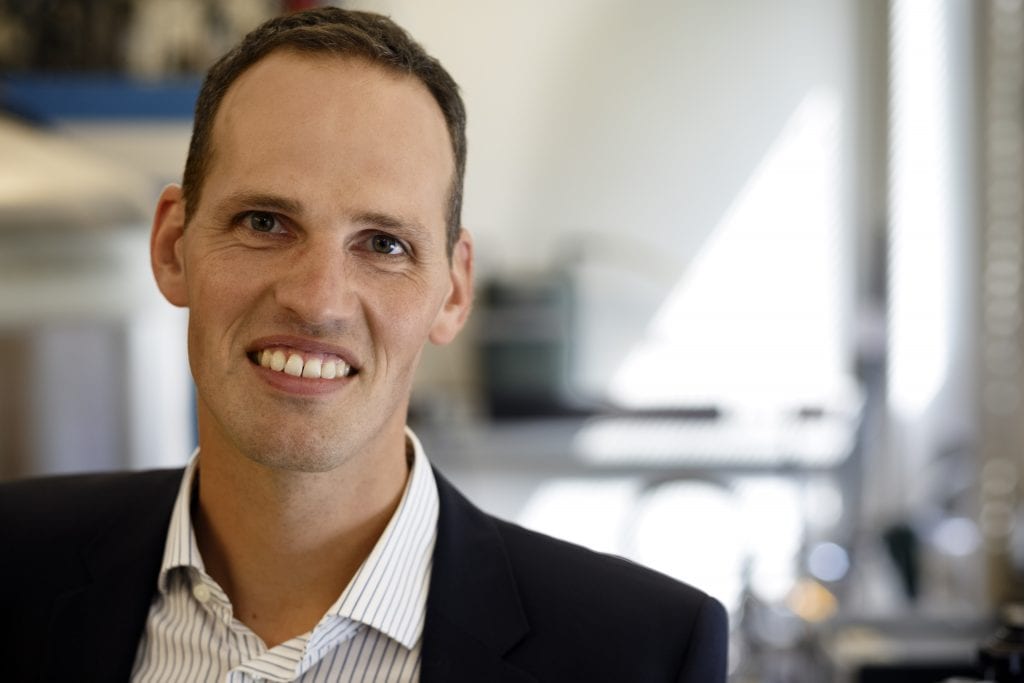01.01.2018Quantum Internet
Testing quantum repeaters and quantum memories
Quantum bits are highly delicate and must be protected against noise and imperfections to realize a large scale quantum internet and a quantum computer. The Quantum Internet team led by Stephanie Wehner at QuTech has now devised a novel method with which the quality of quantum memories, error correction schemes and quantum repeaters to store and send quantum bits can be certified. The researchers publish their work today in Nature Communications.
The future quantum computer and quantum internet will offer great advantages over classical technologies. By exploiting the power of quantum entanglement, a quantum internet will enable fundamentally safe communication, secure access to quantum computers in the cloud and advance technologies such as clock synchronization. To achieve this, quantum bits must be sent over quantum communication channels, and need to be stored in quantum memories.
In the real world, quantum memories are noisy, thus to build large scale systems quantum error correction is required. “It is a challenging task to determine how good quantum memories in quantum hardware can be”, explains professor Wehner, “Noise can have many forms: in real devices noise is highly correlated and exact noise models unknown”. The goodness of a quantum memory for storing quantum information is captured by its so-called quantum capacity.
In their publication, the researchers propose the first method to directly estimate this capacity for storing quantum information, even if the noise is arbitrarily correlated. “The beauty is that our estimation protocol only needs single qubit operations and measurements, and does not require a quantum error correction scheme to be implemented in order to test the quantum memory” adds Wehner.
The method can be used not only to certify quantum memories, but also to give insights into the performance of the implementations of quantum error correction schemes, and quantum repeaters – which enable the transmission of quantum bits over long distances. “In particular, our method will allow us to test the performance of the quantum repeaters we are developing at QuTech”, Wehner says. QuTech plans to showcase its quantum internet technology, connecting several Dutch cities in 2020.
